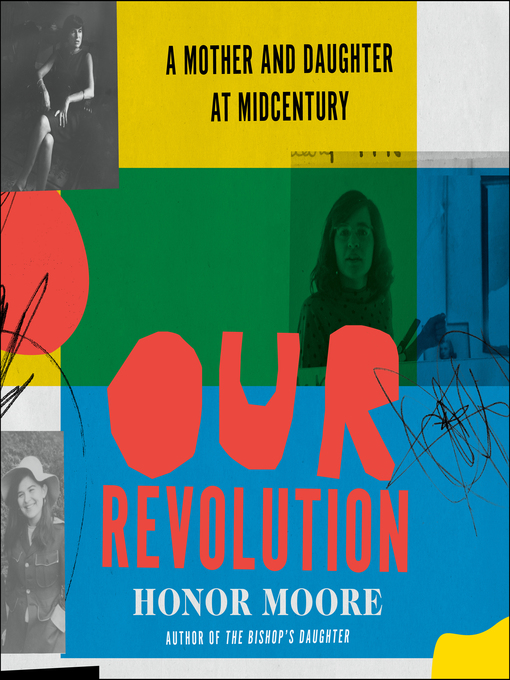-
Creators
-
Publisher
-
Release date
March 10, 2020 -
Formats
-
OverDrive Listen audiobook
- ISBN: 9781684577941
- File size: 490886 KB
- Duration: 17:02:40
-
-
Languages
- English
-
Reviews
-
Publisher's Weekly
December 9, 2019
Poet and playwright Moore (The Bishop’s Daughter) pays tribute to her mother, Jenny, a social activist and writer who died from cancer in 1973 at age 50, in a touching but overlong memoir. Throughout, she examines Jenny’s emotionally turbulent life and strained marriage to Paul Moore Jr., a prominent bishop of the Episcopal Church, and explores the mother-daughter bond. Moore uses excerpts from her mother’s private papers to tell the story: “It was time to pull the pages of her writing from their cartons,” she says. “It was time to get to know my mother.” The narrative spans WWII, the postwar boom years, and the civil rights and women’s liberation movements, and covers Jenny’s domestic and professional lives and the births of her nine children; Paul’s religious career and the couple’s efforts to establish a diverse church; and Jenny’s late-in-life quest for independence after she became aware of Paul’s bisexuality (her mother never did “reveal those suspicions to any of her children.... I consider her heroic”). Moore writes about trying to get close to her busy mother, and speculates about why she had so many kids (“motherhood was an arena in which to excel as a competitor”). This is a languid document, at time overstuffed with detail, but one that nevertheless offers a poignant look at the complexities of motherhood and womanhood.
-
Formats
- OverDrive Listen audiobook
Languages
- English
Loading
Why is availability limited?
×Availability can change throughout the month based on the library's budget. You can still place a hold on the title, and your hold will be automatically filled as soon as the title is available again.
The Kindle Book format for this title is not supported on:
×Read-along ebook
×The OverDrive Read format of this ebook has professional narration that plays while you read in your browser. Learn more here.

